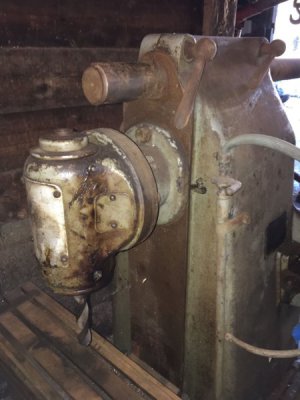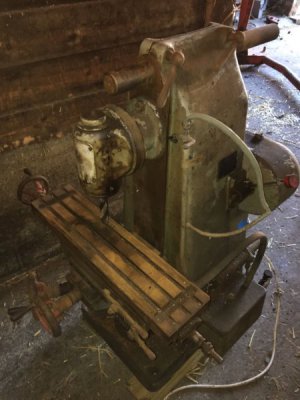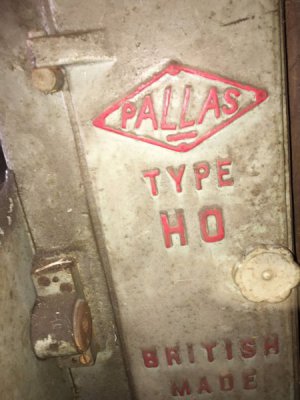- Joined
- Dec 20, 2012
- Messages
- 40
Electrolysis, and cast iron.
I been trawling the net for weeks, and totally confused as to whether electrolysis will harm/damage cast iron.
Has anyone tried it? if so what's your thoughts on it?
Thanks
I been trawling the net for weeks, and totally confused as to whether electrolysis will harm/damage cast iron.
Has anyone tried it? if so what's your thoughts on it?
Thanks




